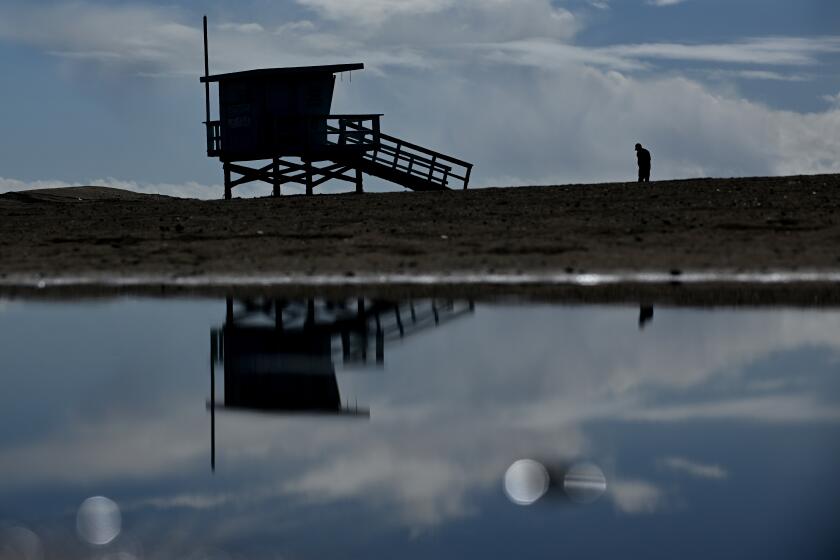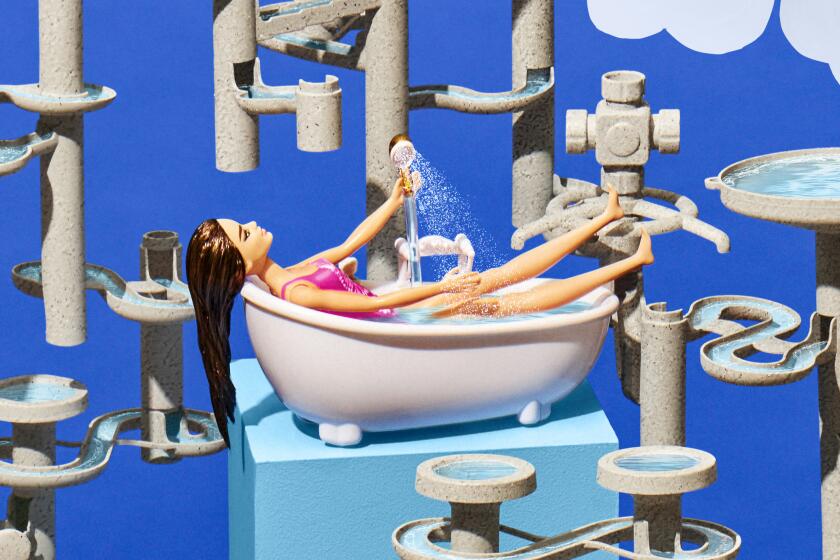Juan Marichal Started Dominican Pipeline
The teenage banana inspector didn’t know how to inspect bananas, but give him a baseball and he’d fire it by batters.
So Juan Marichal was hired by the United Fruit Co. to play for its team.
One day, he beat a Dominican Air Force squad 1-0. The next day, a lieutenant showed up at his door. His days at United Fruit were over. He was a step closer to becoming the only Dominican in the Hall of Fame.
“My mother said, ‘Well, son, you can’t say no to these people,’ ” Marichal recalls of that day in the late 1950s. “The next morning I left to spend 14 months in the Air Force.”
As a pitcher, not a pilot.
The current recruiting path is more direct from the Dominican Republic to pro ball. Major league teams have scouts that find talent and academies that develop it.
Talent like Pedro Martinez, who idolizes Marichal, Sammy Sosa, Manny Ramirez, Vladimir Guerrero, Jose Lima and Bartolo Colon.
Kids from their country have loved baseball for years. Now the sport is so big that the Boston Red Sox and Houston Astros played a two-game exhibition series there last weekend.
Before last Sunday’s game, the 60-year-old Marichal stood beside the third-base line looking as trim as he was in his 14 seasons with the San Francisco Giants.
“I’m the first and the only” Dominican in the Hall of Fame, he said, “but I don’t want to be the last. I know Pedro will be there.”
Marichal is part of a legacy that began in 1956 with New York Giants infielder Ozzie Virgil, the first Dominican to reach the majors.
Major league teams now help Dominicans learn English and make the cultural transition. It wasn’t like that in the 1950s when youngsters like Marichal were plucked from their homeland.
“That was a crime for young kids without knowing anything about the language,” said Marichal, now the head of amateur sports in his country as its Secretary of State of Sports. “That’s why so many kids came back to their country because they were in another world.”
Marichal persevered and became a star--known for his high leg kick and his screwball--after his days with United Fruit and the Air Force.
“We were hired to be inspectors when bananas go out, but we didn’t know anything about it,” he says. “In the Air Force, my hope was to learn to fly, but when I got there, there was nothing to do but baseball.”
In 1958, he found himself shivering in Michigan City, Ind., a Class A team that was his introduction to pro ball. He was 21-8 with a 1.58 ERA.
He didn’t speak English so he ordered food in restaurants by pointing to the plates of other diners. Then there was the weather.
“Oh, man, let me tell you,” said Marichal, who was used to a tropical climate. “You had to get up in the morning and face the weather. I don’t know how I ever got to be a pitcher.
“But I was doing what I loved to do, play ball. I was in heaven.”
By the time he retired from the majors in 1975, he had a 243-142 record, 2.89 ERA and an incredible 244 complete games out of 471 total appearances. With the Giants, he won more than 20 games in six of his 14 seasons.
“If I could have had the relievers they have today, I could have won 300 games,” he said.
In 1974, he pitched 11 games for Boston, where he was a teammate of Carlton Fisk, who enters the Hall of Fame this summer 17 years after Marichal got there. Marichal ended his career in 1975 with two games for the Los Angeles Dodgers.
“I remember seeing him pitch in the ‘60s at Connie Mack Stadium” in Philadelphia, Boston pitching coach Joe Kerrigan said. “Then, of course, you go to the playground and try to do that big leg kick of his.”
Martinez’s memories are more recent.
Marichal was “my inspiration from the moment I began to play baseball,” said Martinez, who tried to give the first of his two Cy Young awards to Marichal in 1998. Marichal gave it back.
Martinez, now pitching for the Red Sox, was with Montreal then after starting his career in Los Angeles.
“I understand the reason the Dodgers let him go is he was too small, too little,” Marichal said with a laugh. “They made a big mistake.”
Kerrigan said that “until Pedro came along, Marichal had really gone unnoticed” since getting into the Hall of Fame.
“This has put some attention on Juan Marichal and it’s very well deserved,” he said.
Pedro’s brother Ramon, also with the Red Sox, never saw Marichal pitch in the majors, “but I heard about the numbers,” he said. “He’s always been a big hero.”
Now there are many more for Dominican youngsters to look up to. Cincinnati was the only team that didn’t have a Dominican on its roster when spring training began.
“I feel so proud when I see Dominican players doing well,” Marichal said. “My only hope is that they become good citizens besides being great ballplayers.
“That way, they represent the Dominican really well.”
Sign up for The Wild
We’ll help you find the best places to hike, bike and run, as well as the perfect silent spots for meditation and yoga.
You may occasionally receive promotional content from the Los Angeles Times.



